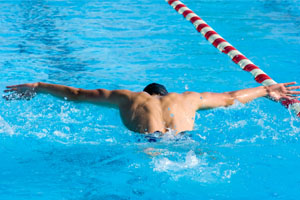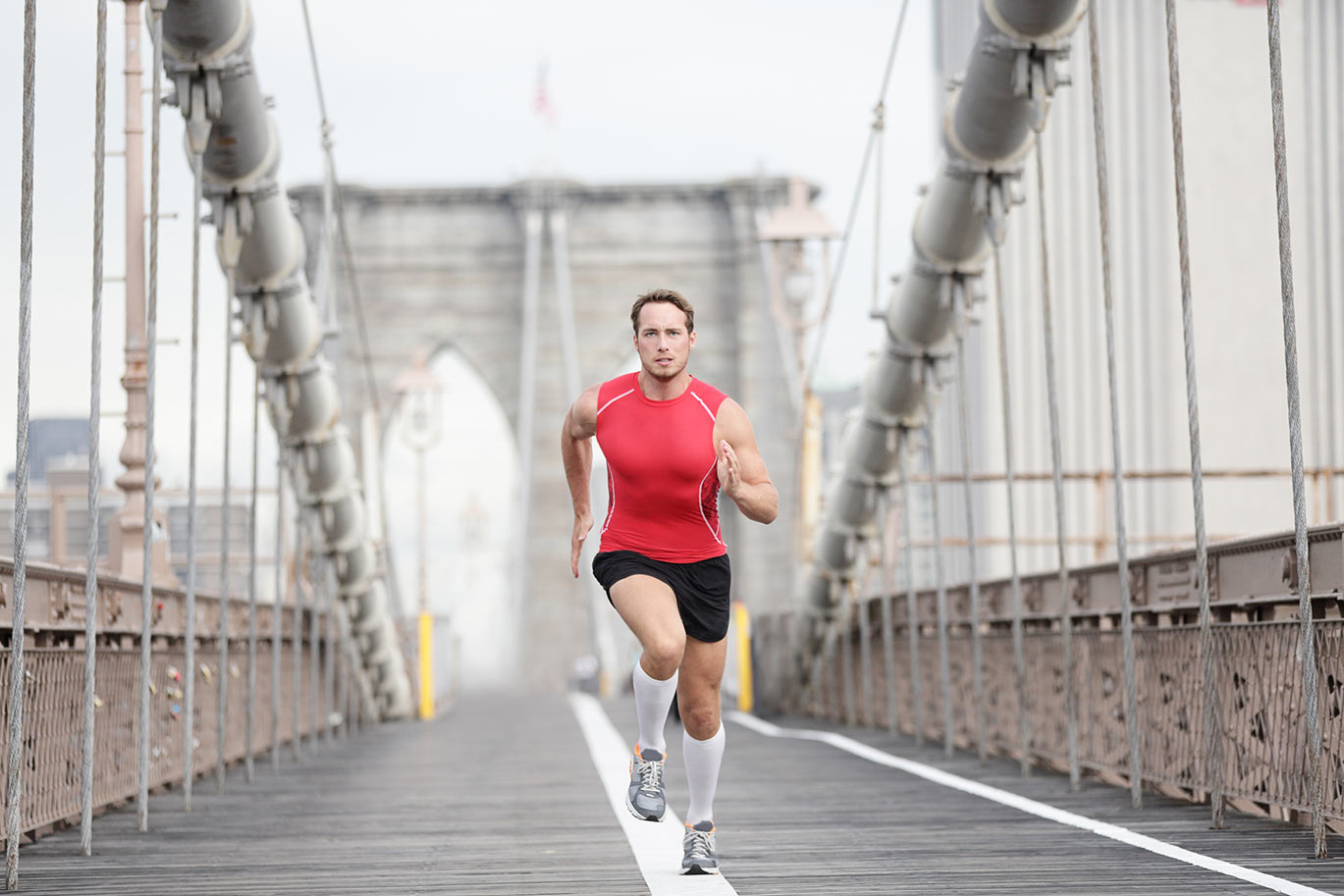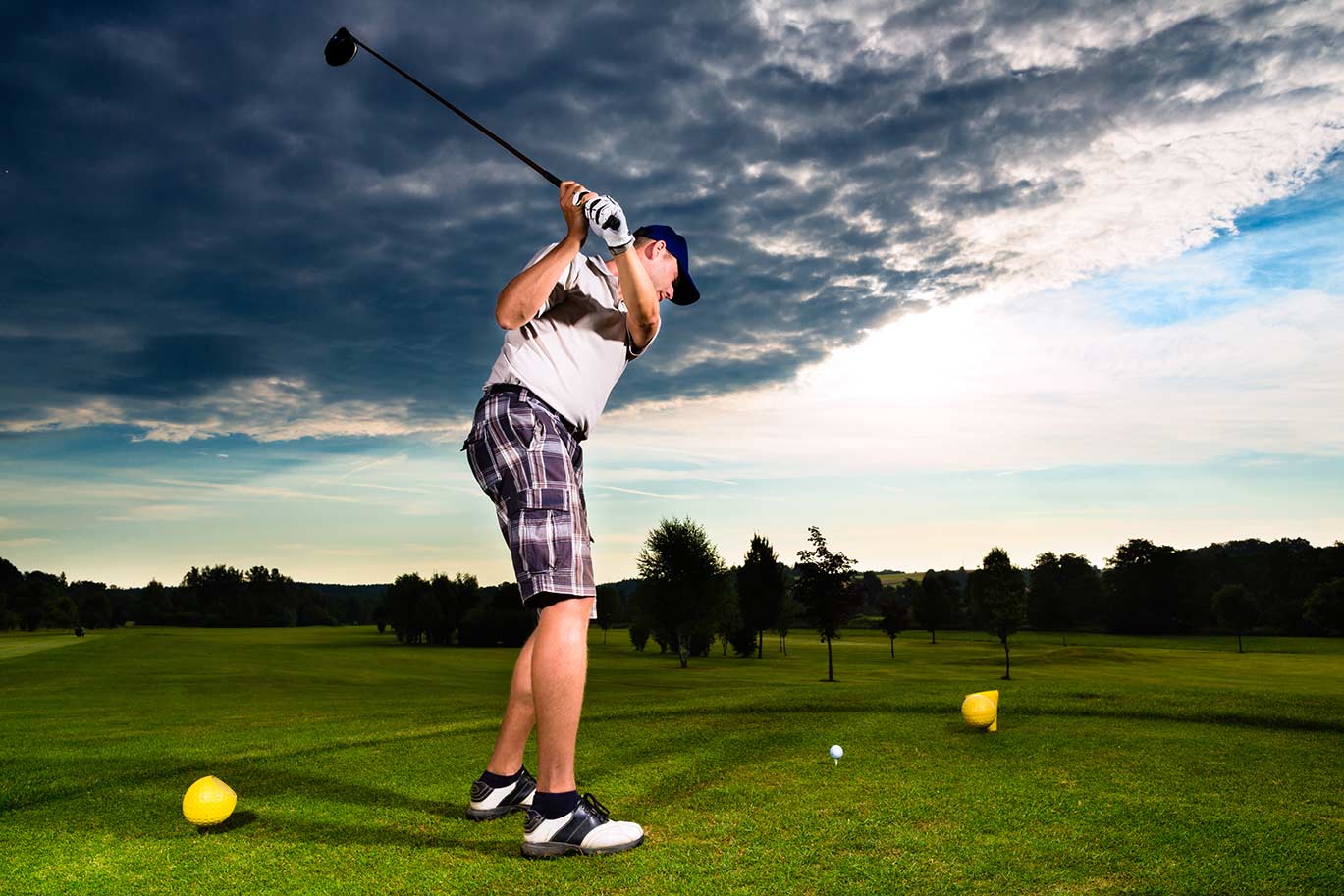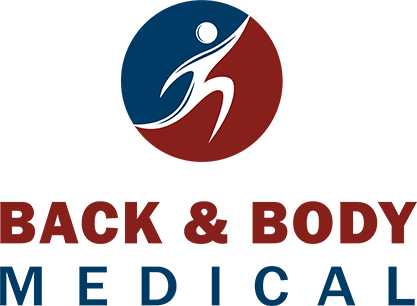 It is increasingly common to see people (not only the elderly) with stooped, rounded shoulders and a neck bent forward. Upper Crossed Syndrome (UCS), sometimes also called Upper Cross Syndrome, is caused by an imbalance in the flexor and extensor muscles of the chest and upper back. Though those with a sedentary lifestyle are most at risk for the condition, it is not uncommon to find Upper Crossed Syndrome in athletes, particularly swimmers and weight lifters. Headaches, neck pain and pain in the jaw may point to a case of UCS.
It is increasingly common to see people (not only the elderly) with stooped, rounded shoulders and a neck bent forward. Upper Crossed Syndrome (UCS), sometimes also called Upper Cross Syndrome, is caused by an imbalance in the flexor and extensor muscles of the chest and upper back. Though those with a sedentary lifestyle are most at risk for the condition, it is not uncommon to find Upper Crossed Syndrome in athletes, particularly swimmers and weight lifters. Headaches, neck pain and pain in the jaw may point to a case of UCS.
Long hours of sitting at a computer, watching TV and talking on the phone contribute to bad posture, weakening the rhomboid and neck flexor muscles, while tightening and shortening the pectoral and upper trapezius muscles (thus, the “cross” pattern), and pulling the spine forward. To maintain a balanced sitting position, the head must move forward over the pelvis, which shortens the sternocleidomastoids (the muscles that extend from the base of the skull just behind the ears to your clavicle). And for every inch the head moves forward of the shoulders, the stress on the supporting muscles increases by 10 pounds.
Weight lifters who bench press or do push-ups more than they practice pulling exercises are especially prone to UCS. And as swimmers tend to overuse the muscles in the area of the neck, shoulders and upper back, they tend to suffer from this as well. The effects of this condition can harm athletic performance, reducing freedom of movement and inhibiting the ability to breathe fully due to the reduction of space in the abdomen. If not treated, the condition can deteriorate further, causing eventual damage to the spine from continual pressure on the front of the vertebrae, causing them to compress and leading to cervical kyphosis.
The best treatment options involve a combination of exercise, physical therapy and chiropractic care. First, a chiropractic adjustment can realign joints that have become misaligned due to tight muscles and bad posture. A chiropractor may not only help increase range of movement, an adjustment often relaxes and stretches shortened muscles.
Your chiropractor or physical therapist can suggest exercises you can do to help strengthen the weak muscles and stretch the ones that have become too tight. Two simple things you can do at regular intervals throughout the day are to tuck your chin back in toward your chest and pull your shoulders back, and hold the position for 30 seconds at a time. Stretching the tight muscles and strengthening the weak ones will help restore proper posture and ensure the condition does not return.














